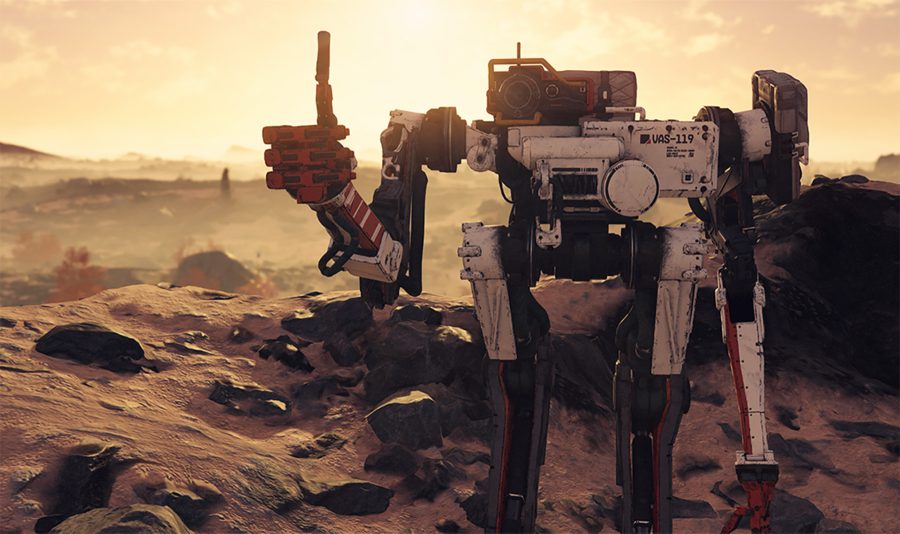Global chipmaker Nvidia has been sued by three authors who say it used their copyrighted books without permission on its AI platform.
The proposed class action was filed on Friday night (March. 8) in San Francisco federal court. Brian Keene, Abdi Nazemian, and Stewart O’Nan said their works were part of a dataset of around 196,640 books that were used to train the NeMo platform.
They say this was used to simulate ‘ordinary written language,’ before it was then taken down in October because of ‘reported copyright infringement.’ In the lawsuit, some specific works were titled including the 2008 novel ‘Ghost Walk,’ the 2019 ‘Like a Love Story,’ and the 2007 novella ‘Last Night at the Lobster.’
The authors are seeking unspecified damages for people in the U.S. whose copyrighted works were used to train the NeMo language models over three years.
The NeMo platform is an end-to-end, cloud-native framework to ‘build, customize, and deploy generative AI models anywhere.’ As part of the model, a key workflow involves being able to ‘build chatbots that can accurately answer domain-specific questions in natural language using the latest information.’
Nvidia hasn’t yet spoken out about the lawsuit.
AI and Copyrighted work
Nvidia isn’t the first AI company to be caught up in a copyright-related lawsuit. At the end of 2023, The New York Times published an article titled ‘The Times Sues OpenAI and Microsoft over A.I. Use of Copyrighted Work.’
They said that ‘millions of articles’ from the paper were used to train automated chatbots. In the lawsuit, the publisher said they went to Microsoft and OpenAI months prior, in April, to raise concerns about the use of its intellectual property and explore an ‘amicable resolution.’
In February 2024, OpenAI filed a motion in federal court that seeks to dismiss some key elements of the lawsuit. This remains ongoing.
OpenAI was involved in another lawsuit too, brought by several authors, including the comedian Sarah Silverman, who alleged that ChatGPT was pirating their work. In February 2024, the lawsuit was partially dismissed.
Featured image: Via Ideogram










